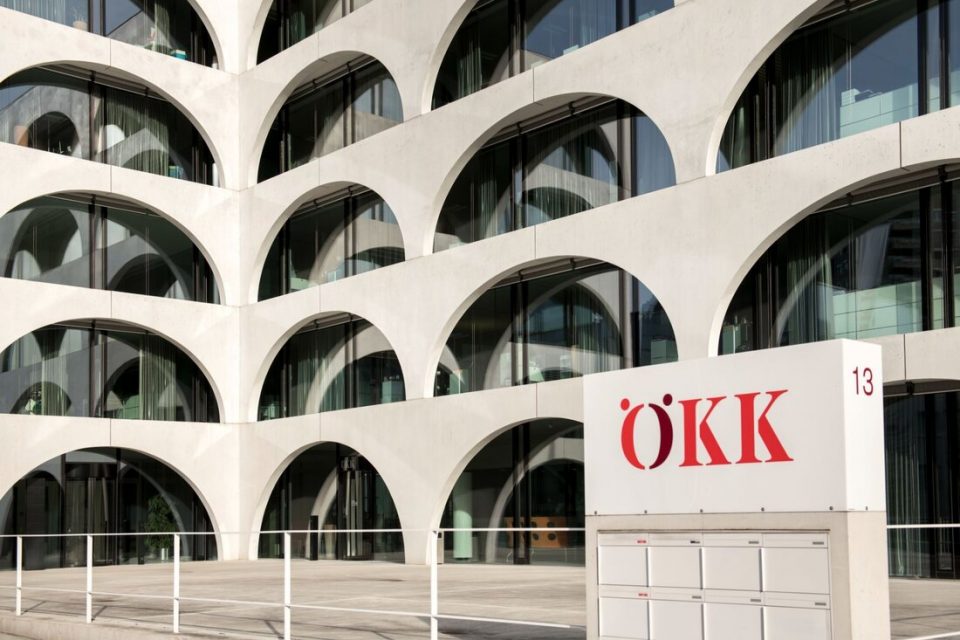Facing a digital landscape that demanded agility and scalability, insurance provider ÖKK needed to evolve their cloud infrastructure. Their existing on-premises infrastructure was characterized by increasing costs, limited scalability, and extended deployment times, hindering the company’s growth and innovation potential.
To address these challenges, ÖKK moved to a more modern infrastructure by adopting a multi-tenant Kubernetes cluster on Microsoft’s Azure platform, supported by the Microsoft Partner ti&m. This migration allowed different teams and projects within ÖKK to operate in separate clusters, enabling efficient resource allocation and increased agility.
ÖKK adopted Infrastructure as Code (IaC) through Azure Kubernetes Service (AKS). This shift allowed ÖKK’s developers to manage and provision cloud resources using declarative code, replacing manual processes and custom scripts with automated, reliable deployments. As a result, the company was able to accelerate its application deployment times and reduce human errors.
Monitoring and management were also prioritized, with ÖKK establishing a dedicated log analytics workspace. This allowed for improved reliability and performance through effective isolation and management of different services.
ÖKK integrated Azure Active Directory (AD) for identity management. This secured the access to the company’s applications, enabling seamless user experiences across devices and enhancing security through multi-factor authentication and conditional access policies.
To further protect sensitive insurance data and to manage web traffic, ÖKK implemented Azure Firewall and Azure Application Gateway. These tools offered threat intelligence-based filtering and optimized load balancing, respectively.
The results of this migration included a reduction in operational costs, due to more precise resource provisioning, and improved security features. Additionally, the migration allowed ÖKK to scale its resources effectively, providing the company with the flexibility needed to adapt to fluctuating market demands.
In summary, ÖKK’s migration to a cloud-native Azure Kubernetes platform represents a significant step in its digital transformation strategy. This transition has not only led to improvements in operational efficiency, security, and scalability but also has strategically positioned the company to be more responsive in a dynamic insurance market.





